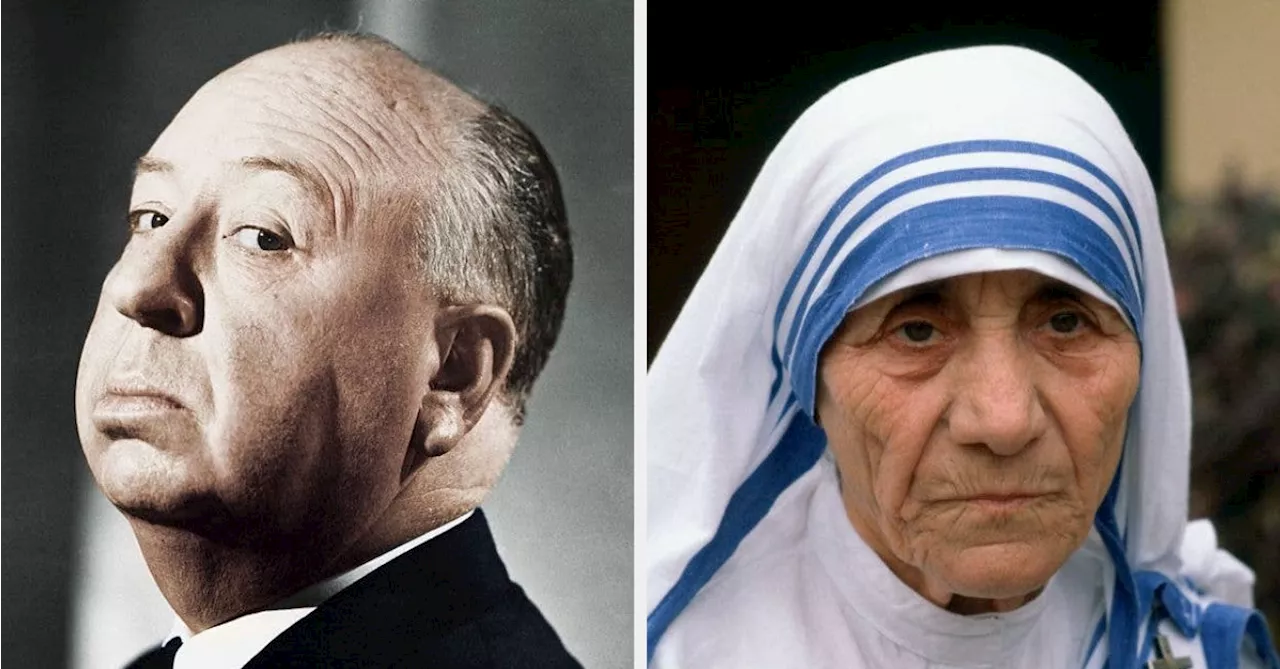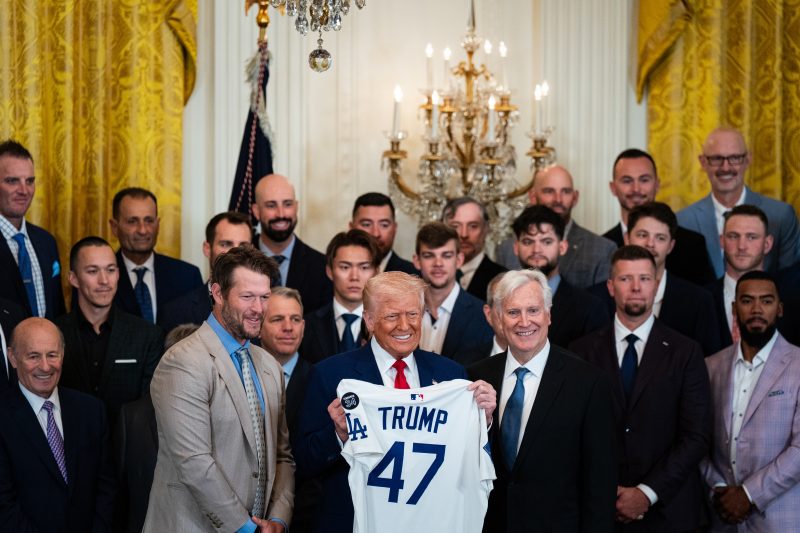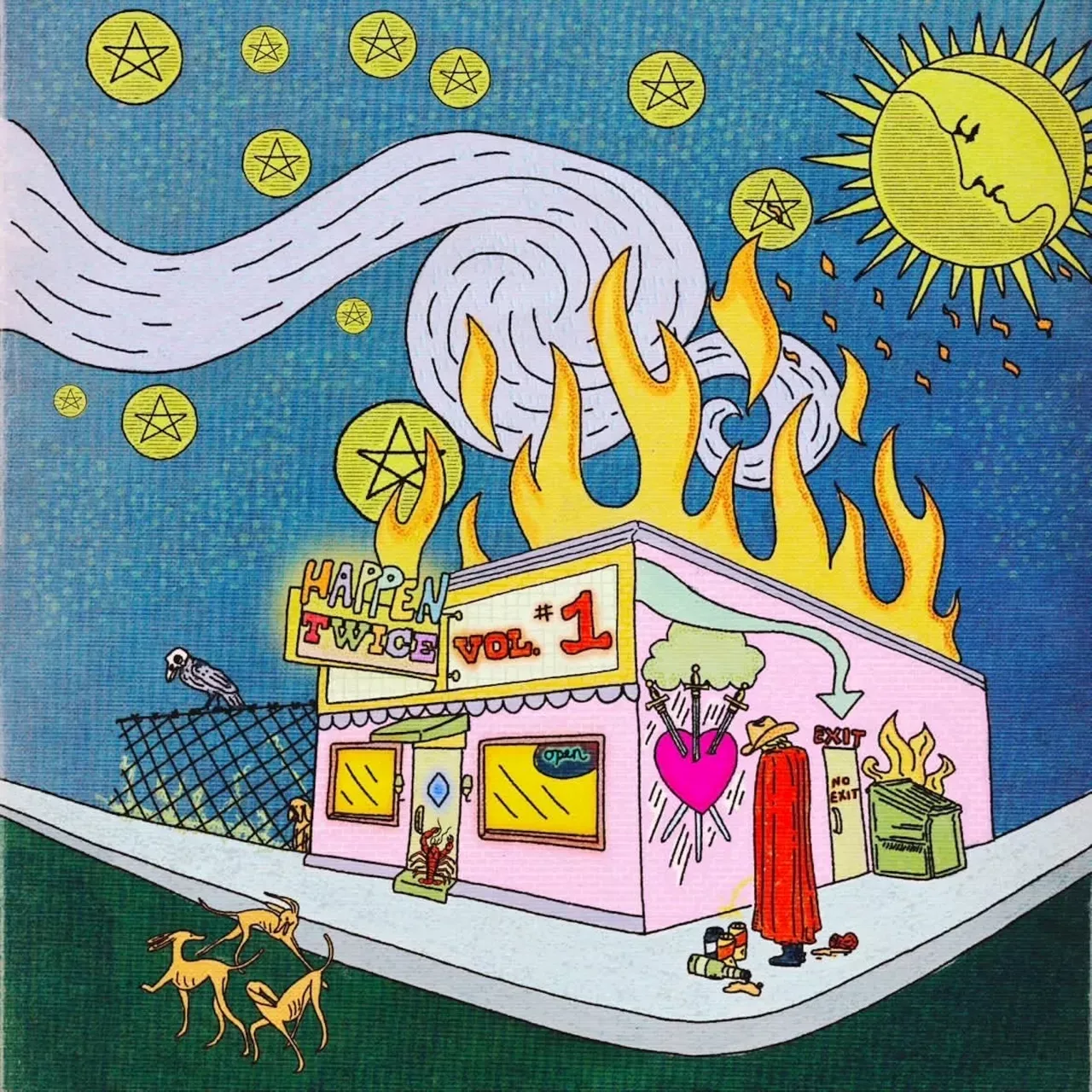UPDATE: New revelations are shedding light on the troubling pasts of several iconic figures, exposing their dark histories just as their legacies continue to be celebrated today. This urgent report details how these celebrities, while revered, engaged in horrific behaviors that challenge their public personas.
Many remember Steve Jobs as a groundbreaking innovator. Yet, a deeper look reveals a history of unethical decisions, including deceit towards his business partner, Steve Wozniak, and a complicated personal life marked by abandonment and estrangement from his daughter, Lisa. Jobs’ choice to delay cancer treatment in favor of alternative therapies has also raised eyebrows, as his health deteriorated.
Similarly, Marvin Gaye is hailed as a musical genius, but his legacy is shadowed by a history of domestic violence. In 2004, he faced charges after an incident involving his fourth wife, Tomi Rae Hynie, who was significantly younger. His abusive past also includes documented violence against previous partners, raising questions about how we celebrate his music today.
Fashion icon Coco Chanel is revered for her revolutionary impact on the industry, yet her ties to Nazi Germany cannot be overlooked. Operating during World War II, Chanel had connections with a German intelligence officer and took control of her perfume brand from Jewish owners, showcasing a troubling anti-Semitic streak.
The notorious Jerry Lee Lewis is remembered for his musical contributions, but his marriage to his 13-year-old cousin sparked massive scandal. This act almost derailed his career, yet he remains celebrated in music circles, with critics largely ignoring his controversial past.
Director Alfred Hitchcock, known for his cinematic genius, had a reputation for abusive behavior towards actresses. Reports highlight that he manipulated and humiliated women to achieve his artistic vision, raising ethical concerns about the treatment of performers in the film industry.
Similarly, artist Pablo Picasso, while celebrated as a creative genius, is criticized for his abusive relationships with women. His former partners speak of emotional torment and manipulation, indicating a darker side to his artistic legacy.
Inventor Thomas Edison, often credited with the invention of the lightbulb, actually took credit for innovations made by others, overshadowing the contributions of earlier inventors. His self-promotion tactics have led to a complex legacy that questions the morality behind his acclaim.
Hollywood legend John Wayne is idolized for his roles embodying American masculinity. However, his controversial views on race and gender equality have sparked debate about the legacy of such figures in today’s society.
Finally, Mother Teresa is praised for her charitable work, yet reports from former volunteers point to a lack of adequate medical care in her facilities, raising concerns about the transparency of her organization and the quality of care provided to those in need.
These revelations are igniting discussions about how society remembers and honors figures whose legacies are marred by serious ethical failings. The ongoing debate about their contributions versus their actions reflects a critical examination of cultural heroes and the narratives we choose to uphold.
Stay tuned for updates as this story develops, and join the conversation about the complexities of legacy in the age of social media.







